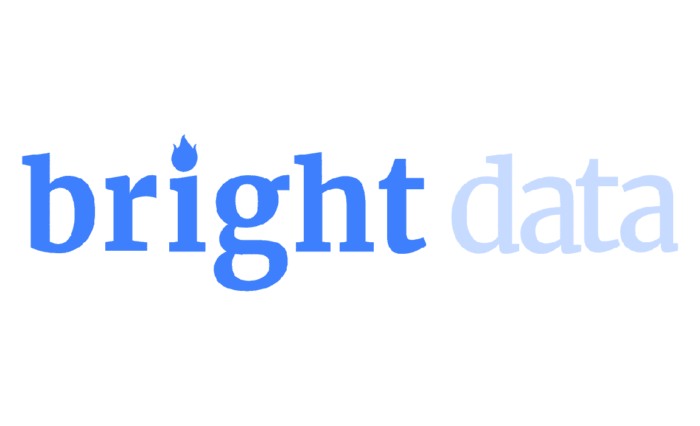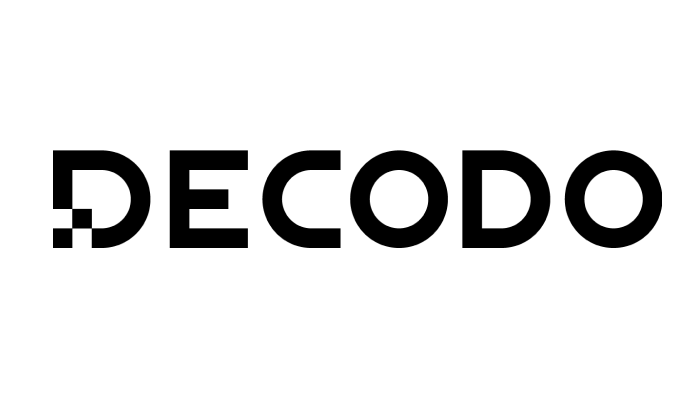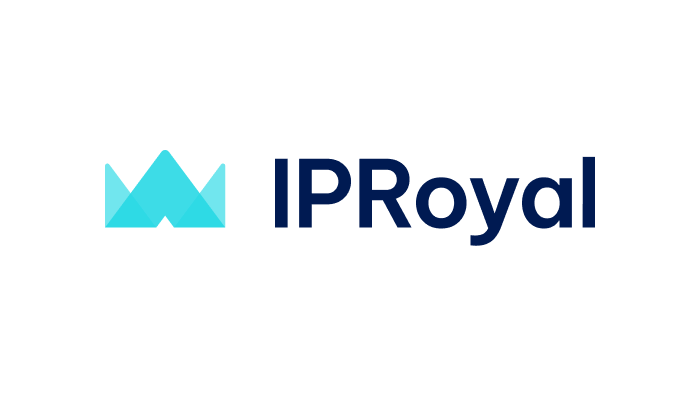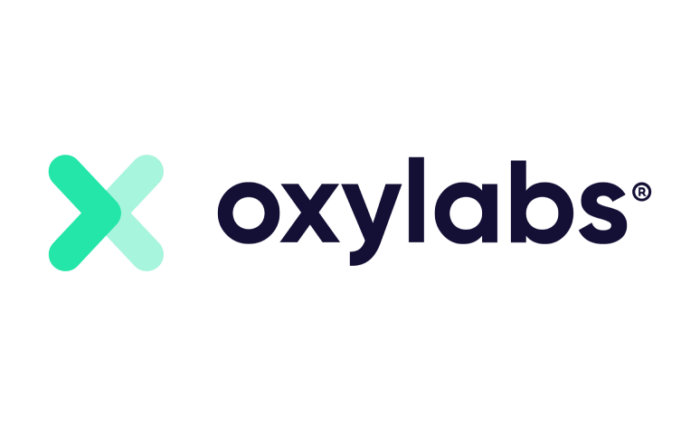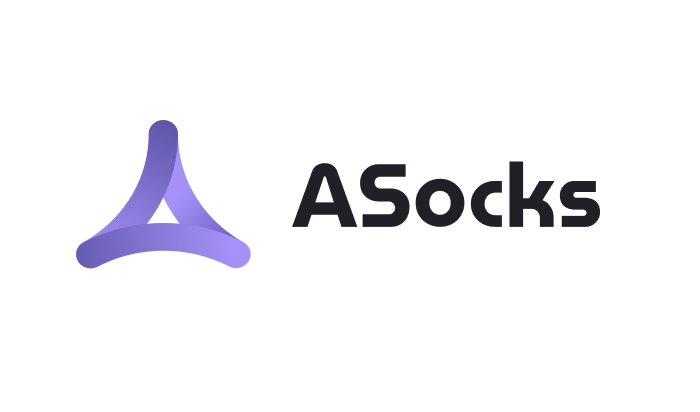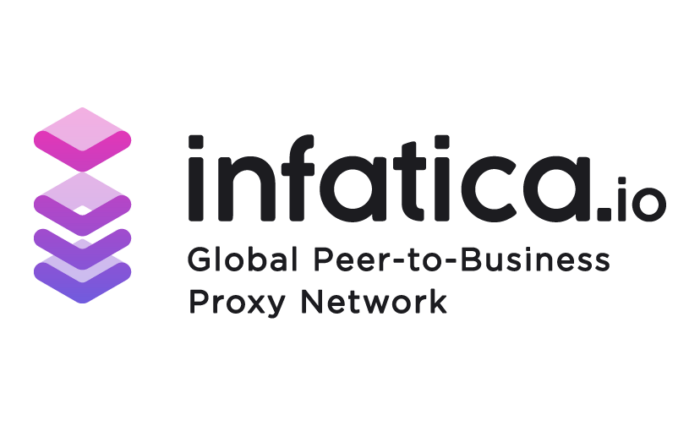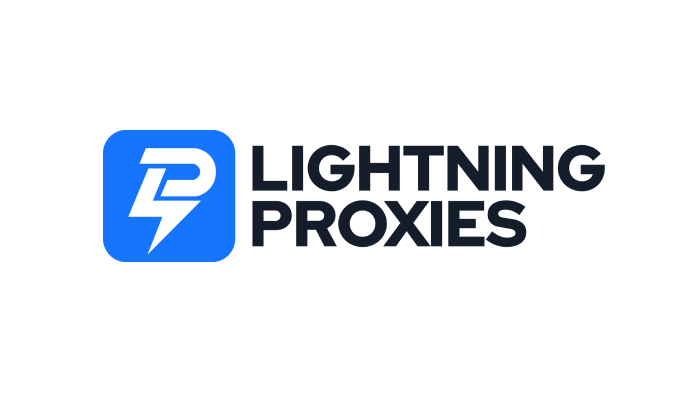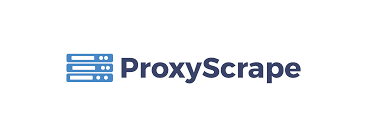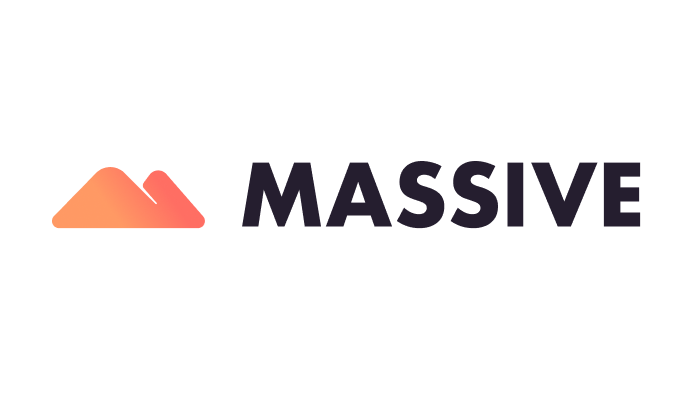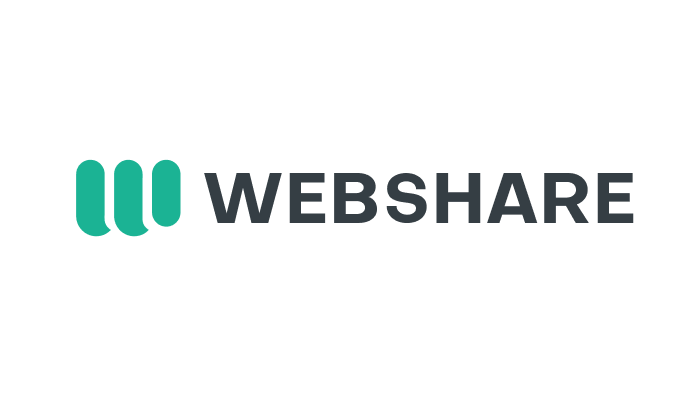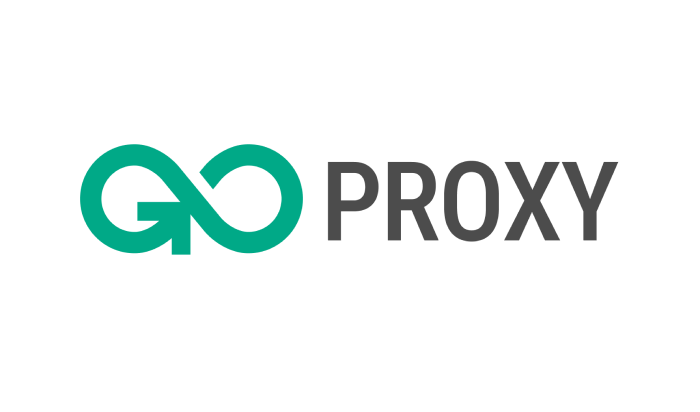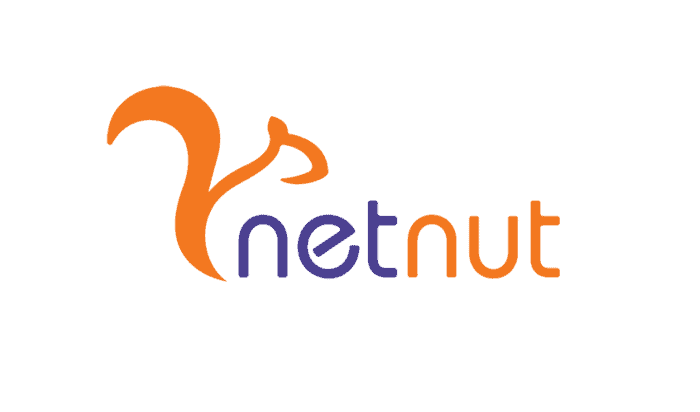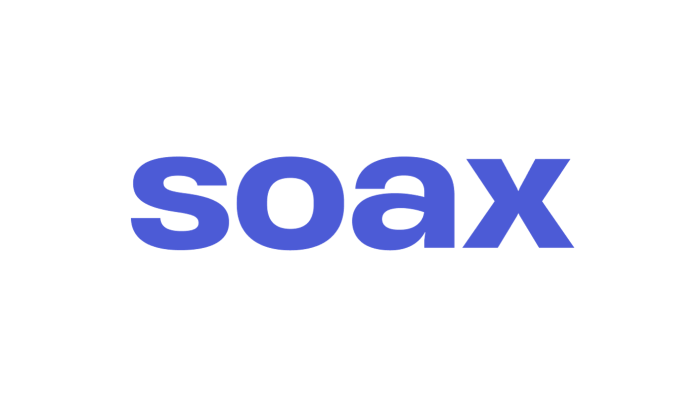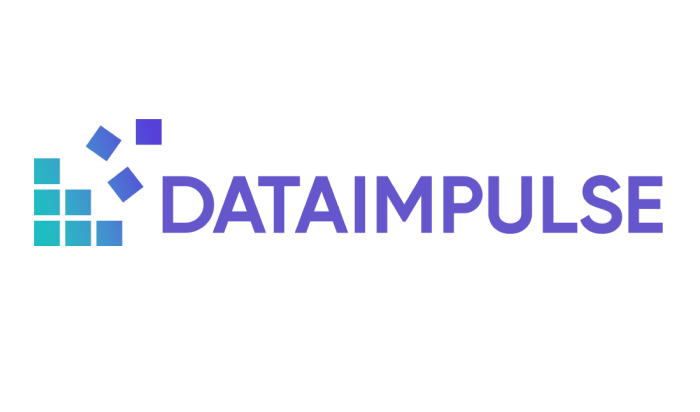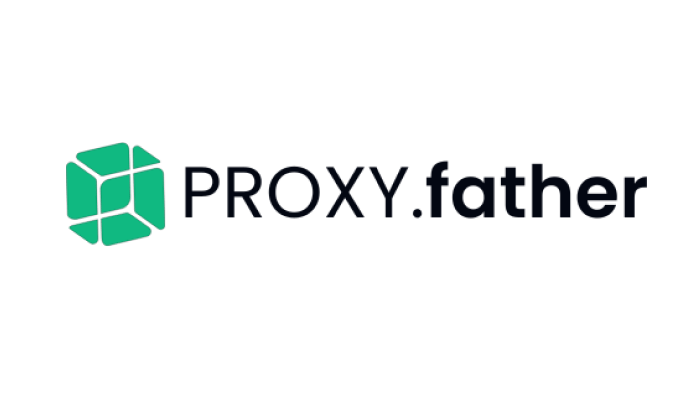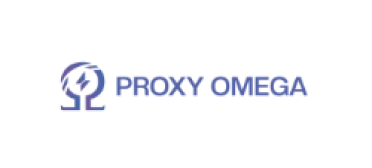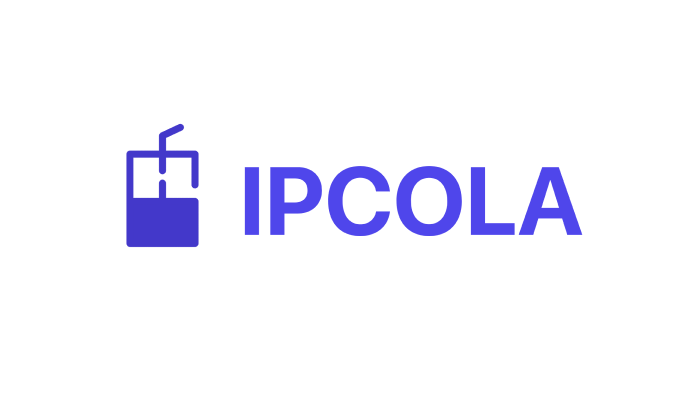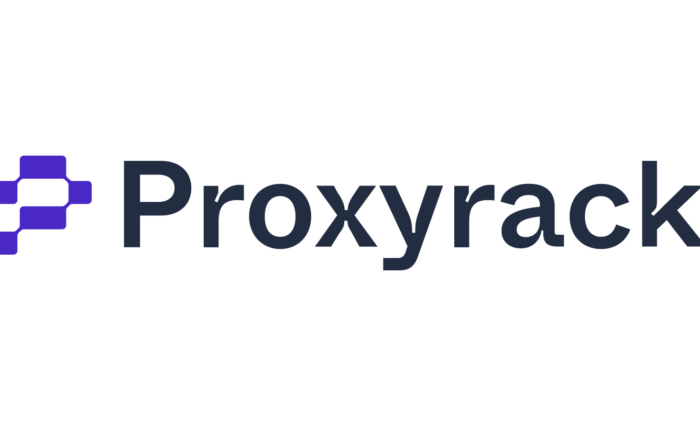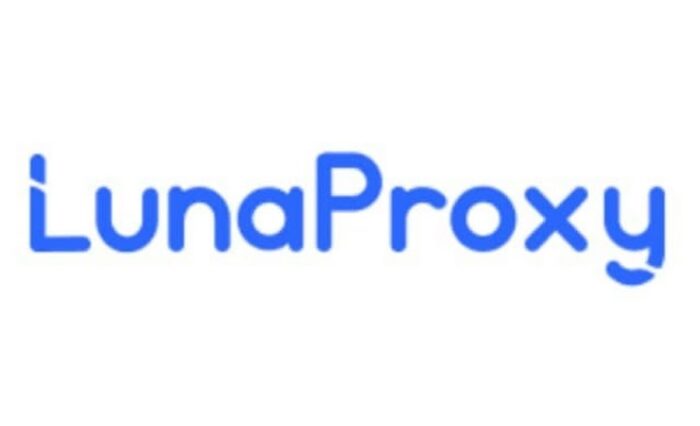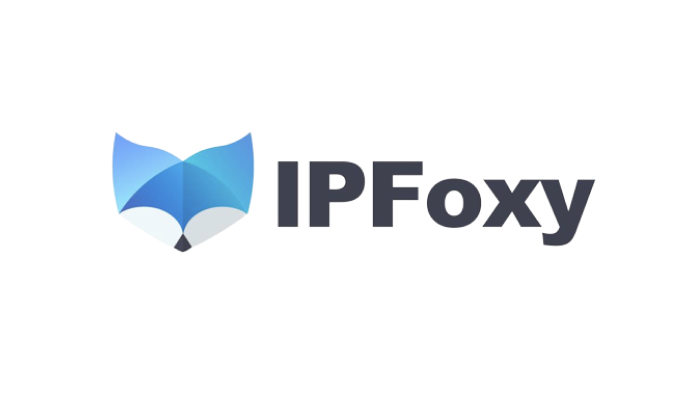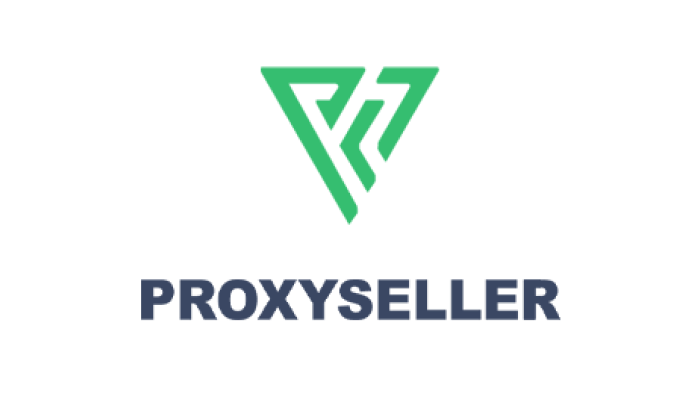Maximize Your Web Scraping Potential with Rotating Proxies. Discover how automatic IP rotation can help you bypass blocks and limitations, and choose from a variety of rotating proxy providers to fit your budget and tasks. Learn about the different proxy types and main criteria to consider when selecting a provider, and find the best rotating proxy network for your needs from our curated list.
Frequently Asked Questions
about Rotating Proxies
Rotating proxies are particularly useful for web scraping, data mining, online advertising, and social media management. They can help you collect large amounts of data without triggering rate limits or other blocking mechanisms, or manage multiple social media accounts without getting flagged or banned.
Rotating proxies are more effective for certain use cases, such as web scraping or online data collection, because they help you avoid detection and IP blocking. By rotating the IP address you use for each request, you can simulate natural user behavior and avoid triggering rate limits or other restrictions.
Yes, most rotating proxy providers allow you to configure the rotation frequency according to your needs. You can set a fixed interval or use a more dynamic approach that adjusts the rotation frequency based on the response rate or other factors.
Rotating proxies are particularly useful for web scraping, data mining, online advertising, and social media management. They can help you collect large amounts of data without triggering rate limits or other blocking mechanisms, or manage multiple social media accounts without getting flagged or banned.
When choosing a rotating proxy provider, look for one that offers a large pool of IP addresses, good performance and reliability, easy integration with your preferred tools and software, and good customer support. You should also consider pricing and the specific use case you have in mind to ensure you get the right features and support.
Bright Data is the top choice for Python in 2025, offering a robust rotating residential proxy pool with over 72 million IPs, seamless integration with Python’s requests library, and advanced features like automatic IP rotation to avoid bans during web scraping. Oxylabs and IPRoyal are also excellent, providing reliable APIs and tutorials for Python proxy rotation.
ProxyEmpire leads for Reddit in 2025, with high-speed rotating residential proxies, precise geotargeting, and a 99.56% success rate, ideal for managing multiple accounts or scraping data without IP blocks. Bright Data and SOAX are strong alternatives, offering large IP pools and flexible pricing for Reddit tasks.

